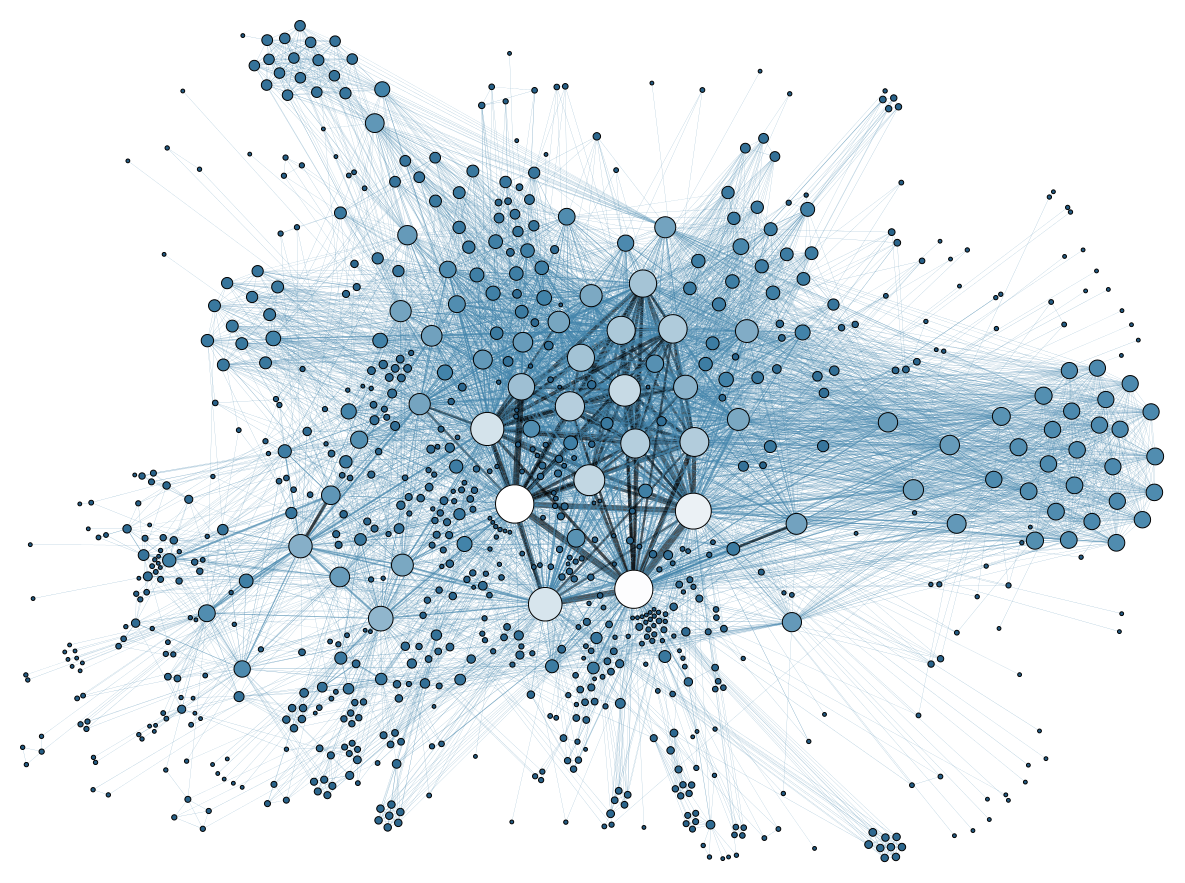
Social Network Analysis is a prominent technique in studies of social attainment, i.e., of studies in how people reach their socio-economic position in terms of educational degrees, income, and occupational status. Among network-based explanations, social capital and support are among the most frequently used. In the seminar, we will first discuss basic theories and empirical findings from the fields of social networks and social attainment, especially in education. We will then take a closer look at mechanisms through which social networks influence social status attainment, as well as types of ties and their impact on the attainment process (e.g., family ties, peers). A focus will be placed on social network dynamics and the activation of resources in social networks - aspects that are relatively understudied in the literature on social networks and social status attainment. The seminar aims to build on articles that use a wide range of research methods, from traditional qualitative and survey methods to experimental designs.
The goal of the course is to give participants an overview of network-based explanations of social attainment, introduce key concepts, and inspire participants to consider these approaches when they think about social science research. Students who attend this course will have gained general knowledge of selected theories and empirical findings in social network and social attainment research, will have reflected on strengths and limitations of these theories and studies, and will have reflected on areas in which the field could move forward in the future.